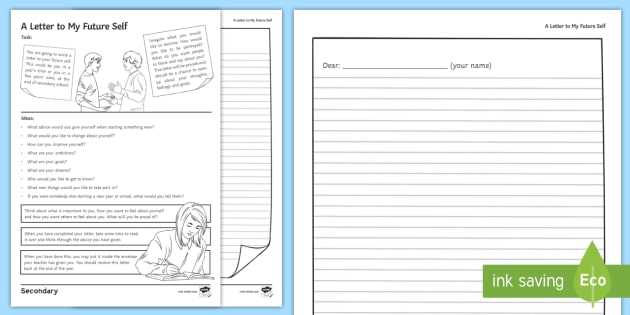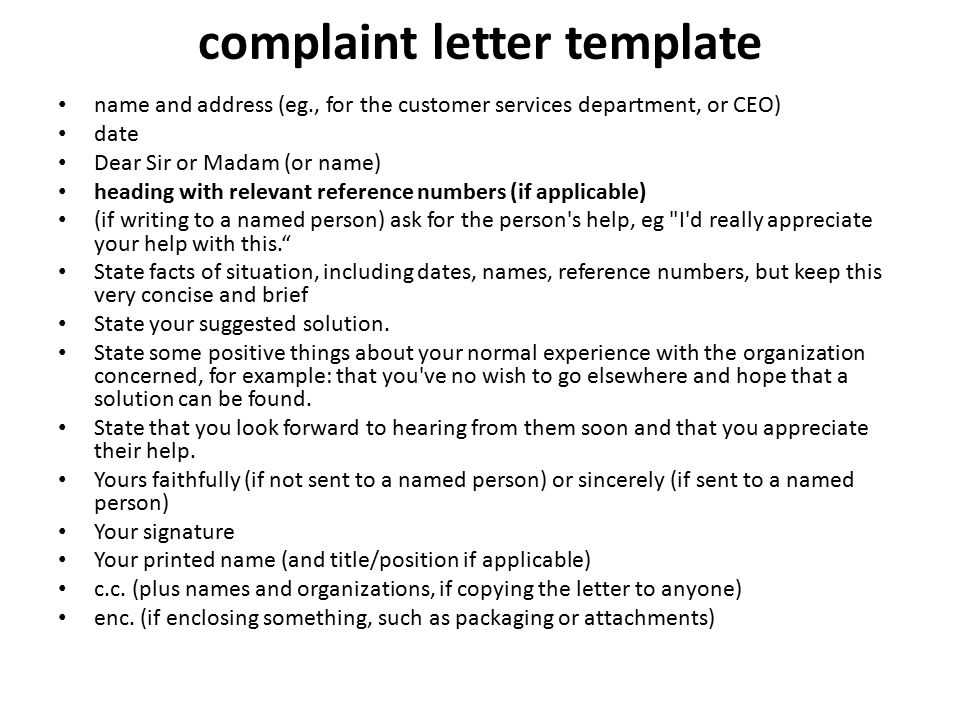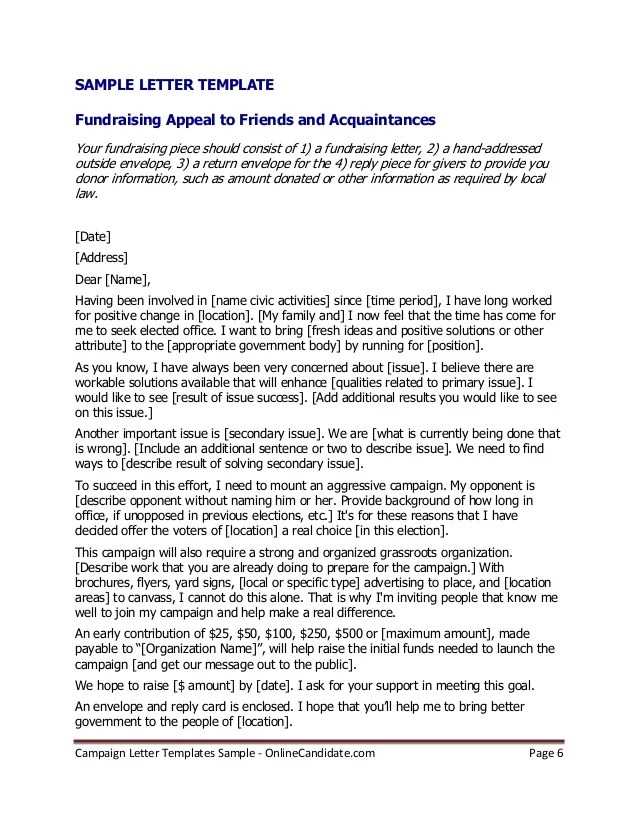Letter to MP Template for Easy Communication

Reaching out to your elected official is a powerful way to make your voice heard on matters that impact your community. Whether you’re addressing a concern, sharing an idea, or requesting support, expressing yourself clearly is key to fostering a meaningful dialogue.
Crafting a well-structured message ensures that your communication is not only read but also taken seriously. By following a few essential guidelines, you can create a compelling and professional statement that grabs attention and encourages action.
Understanding the impact of direct communication with your representative can lead to more productive conversations and positive change. Taking the time to express your views in an organized manner shows respect for the democratic process and can result in a more responsive relationship with your government.
How to Write a Message to Your MP
When addressing your local representative, clarity and precision are essential. A well-thought-out approach will help ensure that your points are communicated effectively, increasing the likelihood of a positive response. Understanding the structure and tone of your communication can make a significant difference in how your concerns are received.
Start with a Formal Greeting
Begin by addressing your representative correctly. Use their full title and ensure that the greeting reflects the professional tone of the interaction. A respectful opening sets the stage for a constructive dialogue.
State the Purpose Clearly
Outline the reason for your communication early on. Whether it’s a concern, request, or suggestion, clearly stating the issue helps focus the discussion and makes it easier for your representative to understand the context. Be concise and direct, without unnecessary detail.
Always remember to be polite and professional throughout the message. Keeping a respectful tone will enhance the chances of your communication being taken seriously and receiving a thoughtful response.
Essential Components of an Effective Communication

For your message to have the desired impact, it is crucial to include certain key elements. Each part plays a significant role in ensuring clarity and persuasiveness, while also maintaining a respectful tone. By structuring your correspondence properly, you increase the likelihood of your representative addressing your concerns or requests thoughtfully.
Clear Introduction and Purpose
Start by introducing yourself briefly and explaining the reason for your communication. It’s important to state the purpose early, so your representative knows exactly what the message is about. A concise and direct introduction sets the stage for the entire exchange.
Supporting Details and Arguments
Provide clear and relevant information that supports your position. Whether you’re making a request or offering feedback, including well-researched details strengthens your argument and demonstrates that your communication is thoughtful and informed. Provide any necessary background and stay focused on the main points.
Conclude with a polite request for action or further consideration. Keeping the closing section respectful and professional will help maintain a positive relationship with your elected official and encourage a more favorable outcome.
htmlEdit
Common Mistakes to Avoid When Writing

Writing can be a challenging task, especially when the goal is to communicate a message clearly and effectively. While crafting a coherent and persuasive text, many individuals make errors that can undermine the intended impact. Recognizing these mistakes beforehand can significantly improve the quality of the composition.
One of the most frequent missteps is lack of clarity. Overcomplicated language or convoluted sentence structures can confuse the reader, obscuring the core message. It’s crucial to ensure that every point made is straightforward and easy to follow. Keeping sentences concise and avoiding jargon helps maintain the reader’s attention and ensures understanding.
Another common issue is failing to address the audience properly. Tailoring the tone and content to the specific audience is essential for making the message resonate. Whether it’s a formal or informal setting, being mindful of the reader’s perspective can significantly enhance the effectiveness of the text.
Additionally, many writers overlook the importance of proofreading. Errors in spelling, grammar, or punctuation can distract from the main message and give an impression of carelessness. Taking the time to revise and check for these mistakes can make a considerable difference in the final result.
htmlEdit
Tips for Crafting a Persuasive Message
When trying to influence or convince someone, how you present your message plays a crucial role in its effectiveness. The ability to appeal to emotions, logic, and credibility can turn an ordinary statement into a compelling argument. By focusing on key elements, you can increase the likelihood of swaying the recipient to your point of view.
1. Know Your Audience

Understanding the needs and concerns of your audience is essential for tailoring your message effectively. Craft your words in a way that speaks to their interests, values, and priorities. Here are some tips:
- Consider their level of knowledge about the subject.
- Identify what motivates them or what concerns they may have.
- Use language and examples that resonate with their experiences.
2. Build Strong, Logical Arguments
Presenting your case logically can strengthen your position and make your argument more convincing. Avoid emotional overstatements and focus on facts, evidence, and sound reasoning. Try the following:
- Provide clear evidence to back up your claims.
- Address potential counterarguments thoughtfully.
- Keep the structure of your points clear and easy to follow.
htmlEdit
How to Address Your MP Properly
When communicating with a Member of Parliament, it’s important to approach the interaction with respect and professionalism. The way you address your MP can set the tone for the conversation and ensure that your message is taken seriously. Proper etiquette reflects your understanding of formal communication and enhances the likelihood of a positive response.
Always begin with the correct title. MPs should be addressed as “Member of Parliament” or by their official title, such as “Sir” or “Madam” if you are writing in a formal context. If you are aware of their specific title (e.g., “The Honorable”), use that as a sign of respect.
In the body of your message, ensure that you maintain a polite and formal tone throughout. Avoid overly casual language or slang, as this may diminish the impact of your request or concern.
htmlEdit
How to Track Your Message’s Progress

After sending your communication to a Member of Parliament, it’s important to monitor its progress to ensure it is being handled appropriately. Keeping track of your request or concern can help you stay informed and prompt follow-ups if necessary. Various methods can help you stay updated on how your communication is being processed.
Here are a few steps to track the status of your message:
- Use a tracking number: If you sent your communication via postal service or courier, use the tracking number provided to monitor its delivery status.
- Request a confirmation: In your initial message, request a formal acknowledgment of receipt. MPs often have systems in place to confirm they’ve received communications.
- Contact the MP’s office: Follow up by phone or email after a reasonable amount of time to inquire about the progress of your inquiry.
- Check for public updates: Some MPs provide updates on the issues they are addressing through social media or their official website. This can help you track if your concern is being raised or discussed.
htmlEdit
Why Contacting Your MP Matters
Engaging with your elected representative is an essential part of a functioning democracy. By reaching out to your Member of Parliament, you exercise your right to be heard and influence decisions that affect your community and beyond. Whether it’s a concern, suggestion, or request for action, your communication contributes to the democratic process and can shape future policies.
1. Amplifying Your Voice
MPs are there to represent the interests of their constituents. When you contact them, you directly influence the issues they prioritize and the decisions they make. This is particularly important in ensuring that the needs of the public are adequately addressed in Parliament.
2. Holding Your MP Accountable
Contacting your MP allows you to hold them accountable for their actions and promises. It’s an opportunity to ensure they are fulfilling their duties and advocating for the issues that matter most to you.
| Benefit | Impact |
|---|---|
| Informed Representation | Helps MPs better understand constituent needs and concerns. |
| Policy Change | Your input may influence legislation or the direction of public policy. |
| Accountability | Ensures MPs are working in the best interest of their constituents. |